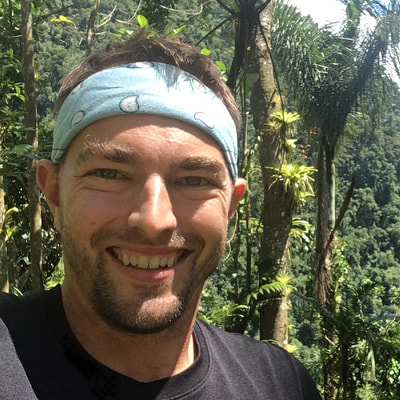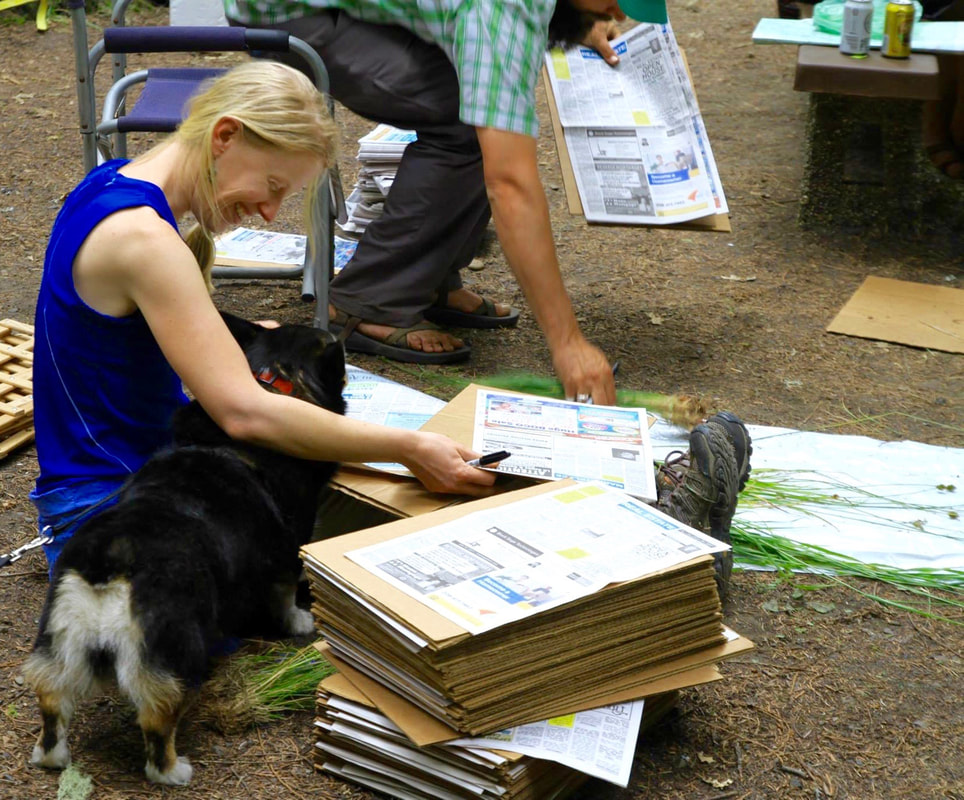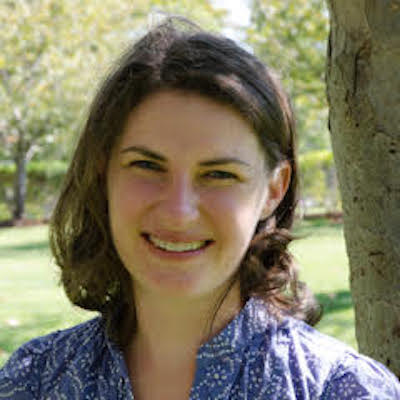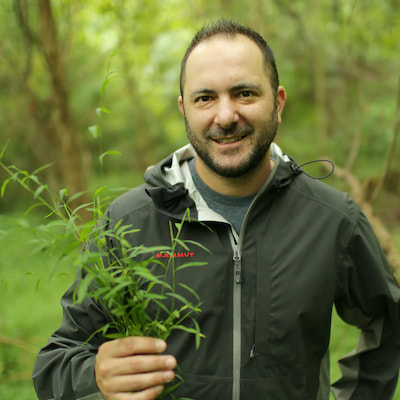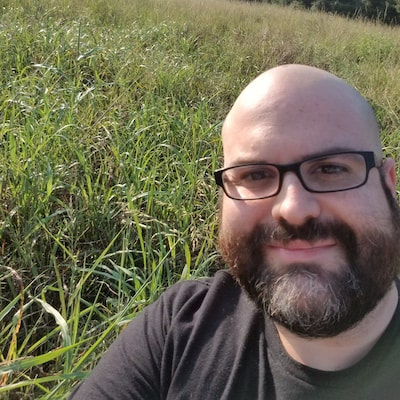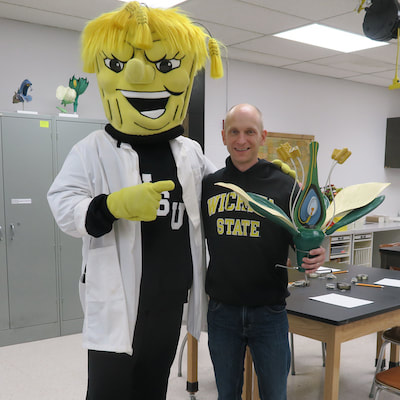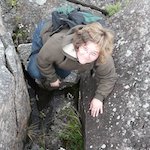Participants
Four research universities, or "hubs" make up the center of CPING.
Along with six primary investigators, CPING will comprise over 100 scientists, professors, and students nationwide |
CONSORTIUM FOR PLANT INVASION GENOMICS (CPING)
Principal Investigators
Nic Kooyers
|
Craig Barrett
|
Staff
Brittany Sutherland
CPING Program Manager
|
Dr. Sutherland has broad interests in polyploidy and plant evolution. She handles day-to-day CPING administration. She also helps with data collection and analysis for CPING projects, and developing materials for future CPING genomics bootcamps. If you have any questions about CPING or would like to get involved, send her a message!
|
